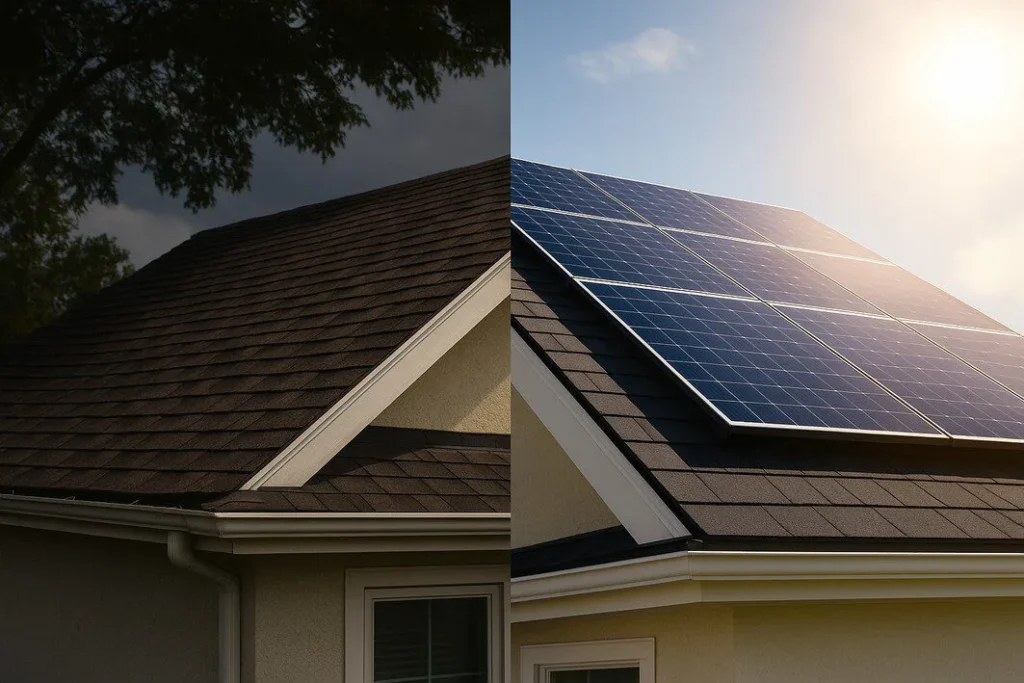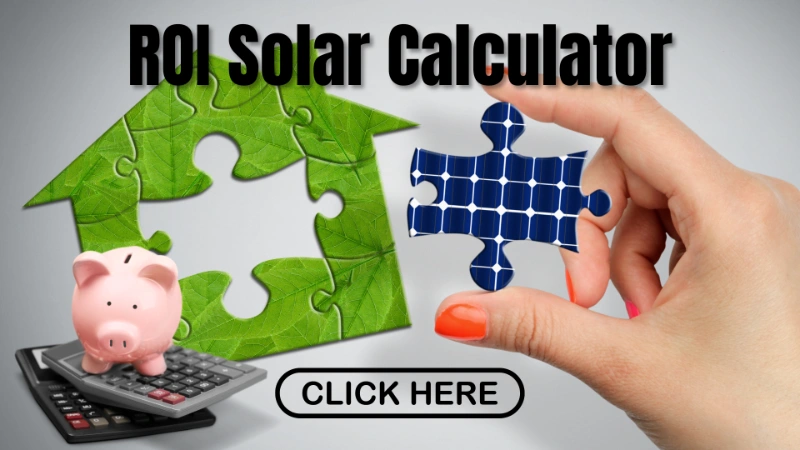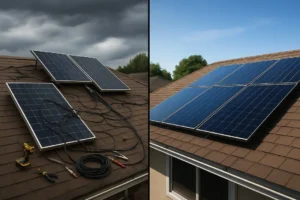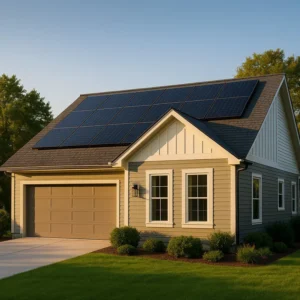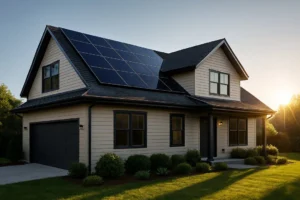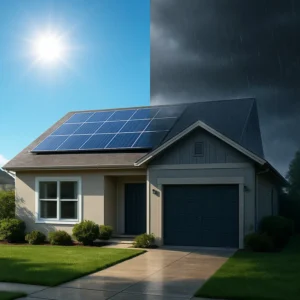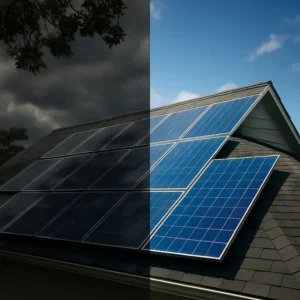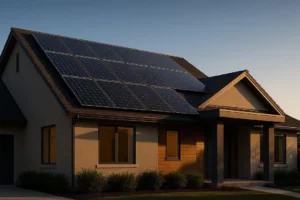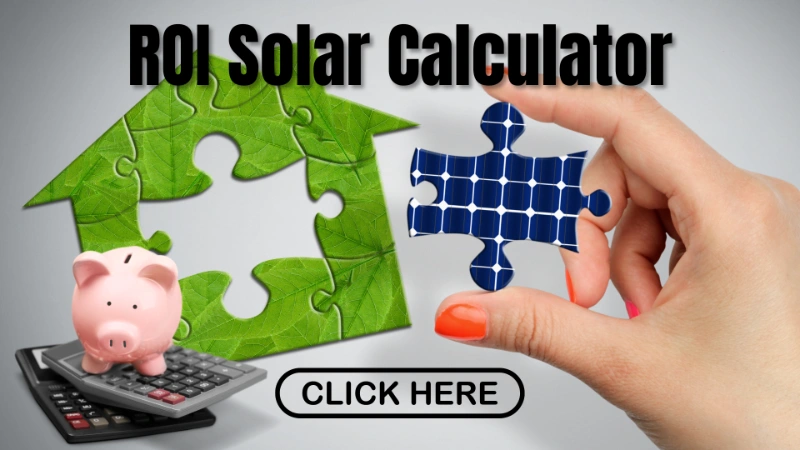You’ve heard the hype. You’ve seen the panels popping up on your neighbors’ roofs. Yet, a healthy dose of skepticism keeps you asking the big question: are solar panels worth the investment? It’s a smart question to ask. While solar energy is a powerful tool for many, it’s not a universal solution. Ignoring the potential downsides would be a disservice.
Table of Contents
Let’s cut through the noise and have an honest conversation. We’re going to explore the top 5 reasons why solar panels are not worth it for some homeowners. More importantly, we’ll pinpoint the exact scenarios where they transform from a questionable expense into one of the smartest financial decisions you can make for your home. This is a balanced look at the real solar panel pros and cons.
The Honest Truth: When Solar Panels Might Not Be Worth It
Before jumping into the benefits, it’s crucial to acknowledge the hurdles. If you find yourself in one of the following situations, you should pause and think critically before moving forward.
1. High Upfront Installation Costs
There’s no getting around it: the initial price tag for a full solar installation can be significant. For many households, this upfront cost is the single biggest barrier. If you don’t have the available capital or a clear financing plan, the investment can feel overwhelming and impractical, regardless of the long-term savings.
But when it IS worth it: The sticker shock fades when you view it as a long-term investment, not just an expense. With federal tax credits, local rebates, and flexible financing options, the initial barrier is lower than ever. The goal is to pay less over time than you currently pay your utility company, effectively replacing one bill with a smaller one that eventually disappears.
2. Your Roof Isn’t Suitable
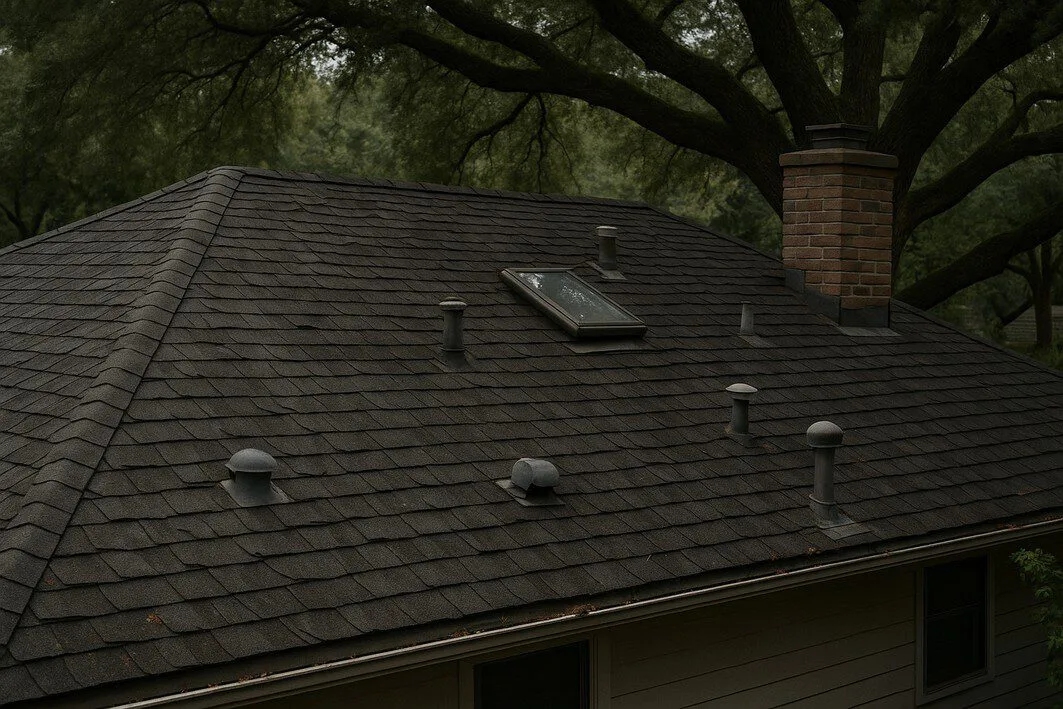
Not all roofs are created equal in the eyes of the sun. Your home might not be a good candidate for solar if:
- It’s old or needs repair: You’ll need to replace the roof first, adding a major expense.
- It faces the wrong direction: South-facing roofs are ideal in the Northern Hemisphere. North-facing roofs receive far too little direct sun.
- It’s heavily shaded: Large, mature trees or nearby buildings can cast shadows that drastically reduce panel efficiency.
- It’s too small or complex: Limited surface area or too many vents, skylights, and dormers can make installation impossible.
But when it IS worth it: An expert assessment can often find solutions. Sometimes minor tree trimming is all that’s needed. For homes with unsuitable roofs but ample yard space, a ground-mounted system can be an even more efficient alternative.
3. You Plan on Moving Soon
The financial magic of solar panels—the return on investment—unfolds over several years. The payback period typically ranges from 8 to 15 years. If you plan on selling your home in the next one to three years, you likely won’t be there long enough to recoup your initial investment through energy savings alone.
But when it IS worth it: If you’re staying in your home for 5+ years, the math starts to look very attractive. Furthermore, studies have shown that homes with solar panels can sell for a premium and spend less time on the market. While not a guarantee, a solar system can be a compelling asset to a potential buyer, potentially allowing you to recover a significant portion of the cost at closing.
4. Your Electricity Bills Are Already Very Low
The “savings” from solar are directly proportional to what you currently spend on electricity. If you live in an area with very cheap electricity or your household consumption is minimal (e.g., your monthly bill is under $50), the savings generated by a solar system will be small. It will take a much longer time to reach the break-even point, making the investment harder to justify from a purely financial standpoint.
But when it IS worth it: Even with low bills, solar offers protection against future rate hikes—which are practically inevitable. It provides energy independence and a predictable, stable cost for decades. For many, this peace of mind and contribution to a cleaner grid is worth more than just the monthly savings.
5. Complex Local Regulations and Net Metering
Navigating the web of local permits, homeowner association (HOA) rules, and utility company policies can be a headache. The value of your investment is also heavily tied to “net metering” policies, which determine how you’re compensated for the excess energy you send back to the grid. If your local utility offers poor compensation rates, it can extend your payback period significantly.
But when it IS worth it: This is where expertise makes all the difference. Working with a company that has a comprehensive solar knowledge base and understands the local regulatory landscape is non-negotiable. They handle the permits and paperwork, ensuring you’re enrolled in the best possible net metering program to maximize your returns.
Shifting Perspective: When Solar Panels ARE a Smart Investment
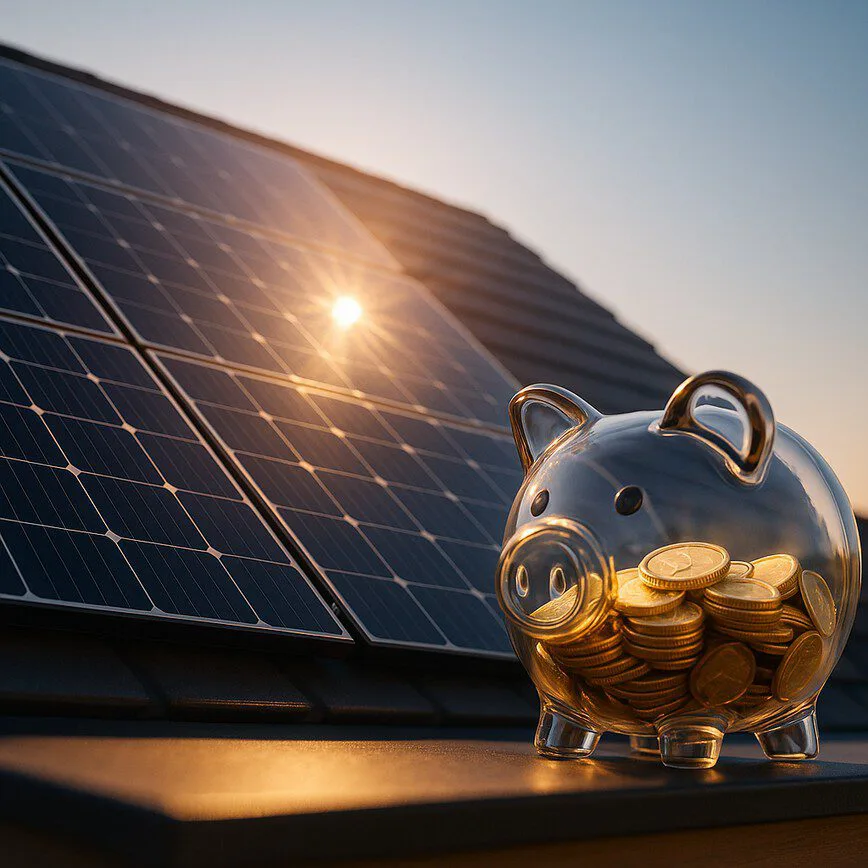
If you’ve read through the list above and none of them are deal-breakers, the picture starts to change. The question, “are solar panels worth the investment?” can be answered with a confident “yes” when your situation aligns with these key factors.
You Have a Long-Term Vision for Your Home
You see your house as a home, not just a temporary stop. You plan to be there for the foreseeable future, raising a family, or enjoying your retirement. In this context, a solar system isn’t a short-term gamble; it’s a long-term upgrade that pays dividends for decades.
You Want to Control Rising Energy Costs
You’re tired of the unpredictable nature of utility bills. You see rates climbing year after year and want to lock in your energy costs. Solar power allows you to generate your own electricity, giving you control, stability, and freedom from the whims of the energy market.
You’re Focused on Return on Investment (ROI)
Ultimately, this is a financial decision. You want to know that the money you put in will come back to you, and then some. The key is to move beyond generic estimates and understand the specific financial case for your home. This involves analyzing your energy usage, local sunlight, and available incentives. For a detailed breakdown, calculating your specific solar panel return on investment is the most important step in the process.
How to Make an Informed Decision for Your Home
Deciding if solar is right for you comes down to having the right information. At RenewGenius, we believe an educated customer is an empowered one.
- Leverage a Comprehensive Knowledge Base: Don’t get lost in conflicting information online. Our resources are designed to give you clear, actionable insights into every aspect of home solar.
- Focus on a Residential-Specific Solution: We specialize in residential solar solutions. We understand the unique challenges and opportunities for homeowners, from roof aesthetics to maximizing family savings.
- Calculate Your Potential ROI: The best way to answer the “is it worth it?” question is to see the numbers for yourself. Our ROI calculator is a powerful, no-obligation tool designed to give you a clear, personalized financial forecast.
So, are solar panels worth it? For some, no. But for a growing number of homeowners who are in it for the long haul and want to take control of their financial and energy future, the answer is a resounding “yes.”

